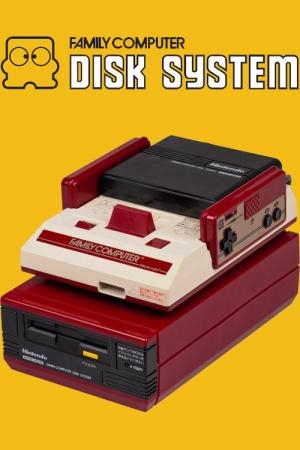
Famicom Disk System
Famicom Disk System Specifications
| Manufacturer: | Nintendo |
| Developer: | Nintendo |
| CPU: | Ricoh 2A03 8-bit processor |
| Memory: | 32 KB disk cache, 8 KB game RAM |
| Sound: | 1 extra channel of wavetable synth facilitated by Ricoh 2C33 |
| Medium: | Floppy |
| Display: | 256x240 |
| Controllers: | 2 |
The Family Disk System was released on February 21, 1986 by Nintendo as a peripheral for the Nintendo Family Computer console in Japan. It uses proprietary floppy disks called "Disk Cards" for cheaper data storage and it adds a new high-fidelity sound channel for supporting Disk System games. The Disk System's Disk Cards are somewhat proprietary 71 mm × 76 mm (2.8x3 in) 56K-per-side double-sided floppy. These "Disk Cards," as they are officially called, were a slight modification of Mitsumi's "Quick Disk" 89 mm 2.8 in square disk format which is used in a handful of Japanese computers and various synthesizer keyboards, along with a few word processors. Some of the QuickDisk drives even made it into devices in Europe and North America, though they are somewhat rare. Mitsumi already had close relations with Nintendo, as it manufactured the Famicom and NES consoles, and possibly other Nintendo hardware.
Fundamentally, the Disk System serves simply to enhance some aspects already inherent to the base Famicom system, with better sound and cheaper games—though with the disadvantages of high initial price, slow speed, and lower reliability. However, this boost to the market of affordable and writable mass storage temporarily served as an enabling technology for the creation of new types of video games. This includes the vast, open world, progress-saving adventures of the best-selling The Legend of Zelda (1986) and Metroid (1986), games with a cost-effective and swift release such as the best-selling Super Mario Bros. 2, and nationwide leaderboards and contests via the in-store Disk Fax kiosks, which are considered to be forerunners of today's online achievement and distribution systems.
By 1989, the Famicom Disk System was inevitably obsoleted by the improving semiconductor technology of game cartridges. The Disk System's lifetime sales reached 4.4 million units by 1990, making it the most successful console add-on of all time, despite not being sold outside of Japan. Its final game was released in 1992, its software was discontinued in 2003, and Nintendo officially discontinued its technical support in 2007.
Latest on Famicom Disk System
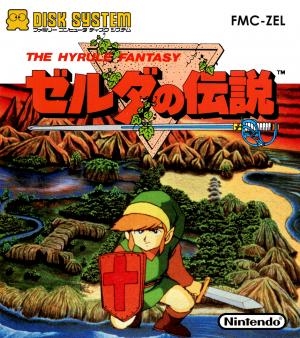
Zelda no Densetsu: The Hyrule Fantasy
A long, long time ago the World was in an age of Chaos. In the midst of this chaos, in a little kingdom in the land of Hyrule, a legend was being h...
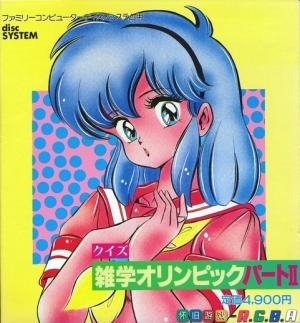
Zatsugaku Olympic Quiz Part II
A pornographic quiz game.
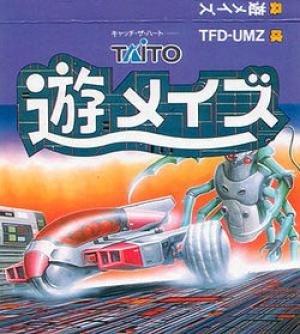
Yuu Maze
Yuu Maze is the conversion of Taito's arcade game Raimais which was also released in 1988. It can be quickly described as a sort of Pac Man on wheels.
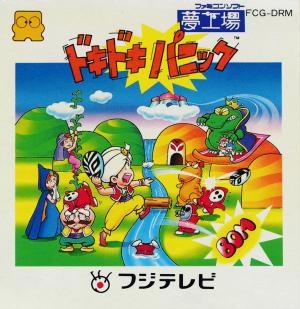
Yume Koujou: Doki Doki Panic
While two children, Poke and Piki, are reading a story, a monstrous hand suddenly appears from inside the pages and kidnaps them. When the rest of the...
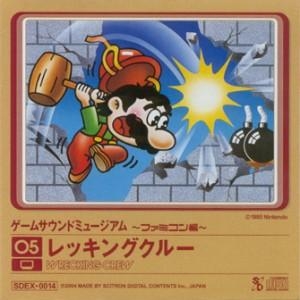
Wrecking Crew
This amazing Nintendo Programmable game lets you design your own building, place obstacles wherever you want them, and then blow everything to smither...
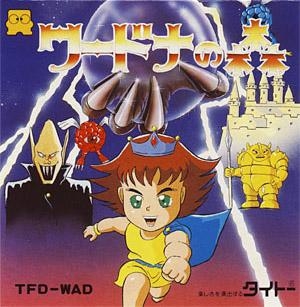
Wardner no Mori
The evil Mr. Wardner's minions have turned the prince's girlfriend into a crystal ball and the poor young man embarks on a perilous journey to save he...
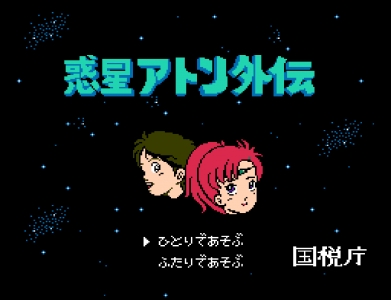
Wakusei Aton Gaiden
Wakusei Aton Gaiden ("Planet Aton Side-Story") is a vertical-scrolling shoot 'em up that was created by the Japanese National Tax Agency (Kokuzeichou)...
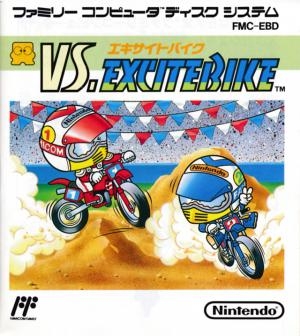
Vs. Excitebike
Vs. Excitebike is a motorcross racing simulation game developed by Nintendo. It was released in the arcade shortly after the original Excitebike was ...
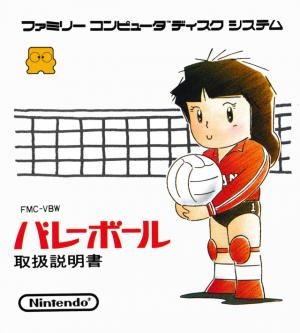
Volleyball
Slam the perfect serve. Spike the game-winning point. Make the save that saves the game! It's all up to you. Because you call the shots in Nintendo VO...
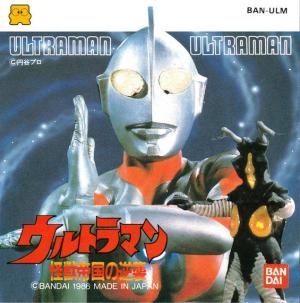
Ultraman: Kaijuu Teikoku no Gyakushuu
The player controls Hayate, a member of the Science Special Search Party, which protects the earth from invasions of large hostile aliens. He must run...